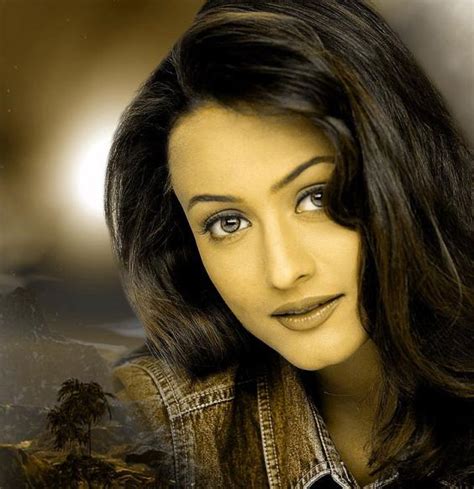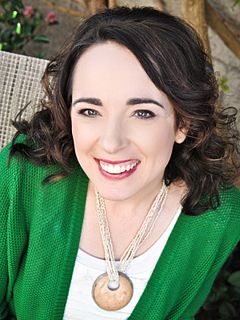A Quote by Philippa Perry
Our emotional map is laid down mainly in relationship with our earliest caregiver in the first couple of years of life.
Related Quotes
The longer I live the more I am convinced that neither age nor circumstance needs to deprive us of energy and vitality. We are at last awakening to the close relationship between religion and health. . . .our physical condition is determined very largely by our emotional condition, and our emotional life is profoundly regulated by our thought life.
It can be set down as a broad, general principle that we cannot indulge in idleness and abundance during both the first and second half of our life. Study, application, industry, enthusiasm while we are young usually enable us to enjoy life when we grow older. But unless we toil and strive and earn all we can in the first half, the second half of our life is liable to bring disappointment, discomfort, distress. The time to put forth effort is when we are most able to do it, namely, in the years of our greatest strength. The law of compensation hasn't ceased to function.
How often do we tell our own life story? How often do we adjust, embellish, make sly cuts? And the longer life goes on, the fewer are those around to challenge our account, to remind us that our life is not our life, merely the story we have told about our life. Told to others, but — mainly — to ourselves.
Sometimes in a relationship, we can be so caught up in our feelings for the other person that we squeeze God into the background. It becomes a confusing, emotional mess and we wonder why God isn't giving us more direction, when all the while He is there waiting to be allowed back into first place in our hearts. Only when He is truly in first place are we ready for a God-written love story.





































